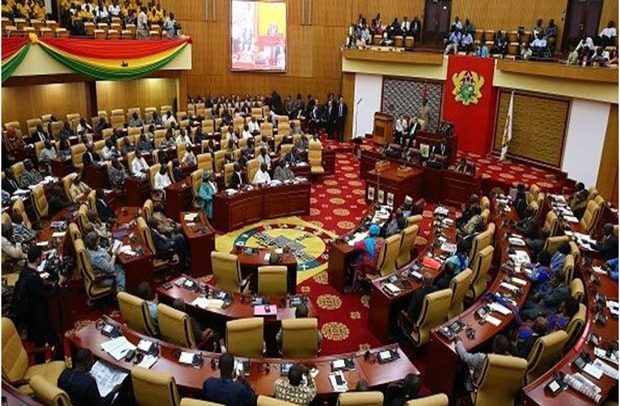Ghana’s hung parliament is an indication that the Ghanaian electorate wants more accountability from politicians, international trade consultant and global politics enthusiast, Maame Awinador-Kanyirige, has said.
Speaking at the maiden Center for Democratic Development (CDD-Ghana) round table discussion in Accra themed, “Navigating the Unique Composition of the 8th Parliament,” she said politicians are liable to citizens and should therefore make sure they address their concerns.
“Let us take the conversation to a deeper level to the ordinary people, give them knowledge as knowledge is not money,” she said.
Team Lead, Elections, CDD-Ghana, Mawusi Dumenu, said the engagement was in response to the challenges arising from the unique composition of the ‘evenly-split’ 8th Parliament of the 4th Republic.
He explained that the composition of House may lead to stalemate on certain issues that can affect the smooth running of the business in the House and the performance of its functions.
He said the conversation was necessitated following a survey by CDD-Ghana which revealed that the citizenry needed an accountable government from the Members of Parliament (MPs).
“In our survey, while some 80 per cent of Ghanaians expected full attendance of MPs in the chamber, another 80 per cent also expected an improved practice of the MPs,” Mr Dumenu said.
Executive Director, CDD-Ghana Professor H. Kwasi Prempeh, said the hung parliament rule was not going to help to remodel and get people associated with more power.
He said there was a need for reflection as dissatisfaction of the citizens was going to be a failure of the state functions.
“We should concentrate on the membership…who is coming and who is leaving. With reasonable accuracy, the quality of representation diminished over time of the 8th in relation to previous ones,” he said.
Former MP, Gomoa West, Alexander Kodwo Kom Abban, attributed the trend to delegates giving power to money over quality.
“Delegates determine those who go to parliament, and they give the nod to people who cannot do the job but those who can give money…this is extremely dangerous, and we should not play ostrich about it.
“If you do not have money forget. People are ready to vote for people who have money and not those who have heads full of ideas,” he said.
Dr Kojo Pumpuni Asante, Director of Advocacy and Policy Engagement CDD-Ghana, said the need for new reforms would be timely.
He called for a mechanism where MPs would have a town hall meeting during their recess to solicit more ideas and feedback for informed policies.
It brought together key stakeholders in the democratic, governance and development space as well as the media to participate and contribute to the significant depth of the conversation.
Nana Kobina Nketsia V, Omanhene of the Essikado Traditional Area, said the discussion would contribute to sustaining Ghana’s democratic governance when such permutations of Parliamentary compositions arise; and ensured a better appreciation of how consensual or coalition poll stakeholders were crucial.
“There are differences, but we must be talking about the avoidance of wearing party spectacles in every discussion.
By Jamila Akweley Okertchiri


